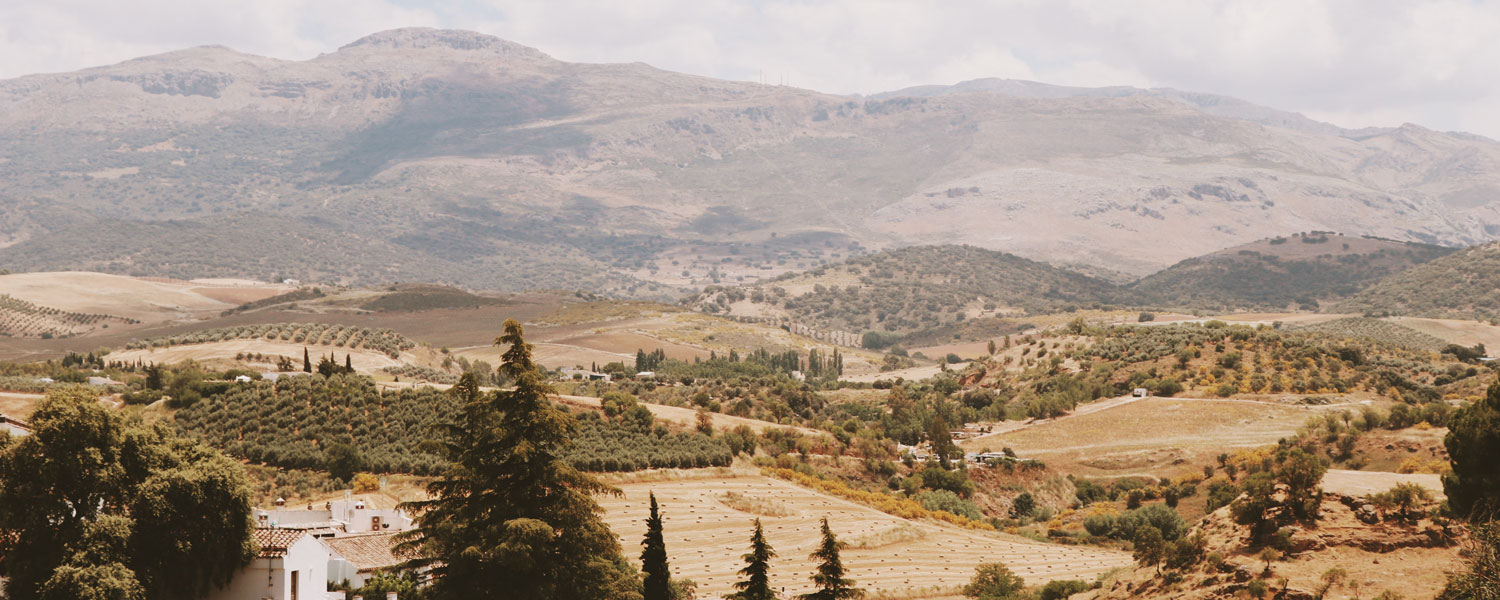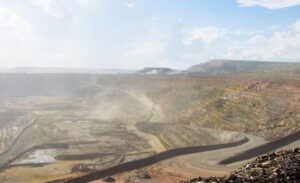• Zambia’s copper output may rise to 1mt by 2026 as mines expand • Saudi Arabia invites global firms to join mining exploration program • Peruvian gold mine’s power infrastructure attacked for the 14th time in two years • Saudi Arabia plans to invest $1 billion in a mining project in Pakistan • Uranium stocks soar on bullish Goldman Sachs call, Kazakhstan flooding • Morocco expects more EV battery investments, minister says • Dry Andes more sensitive to lithium mining...
Read More







